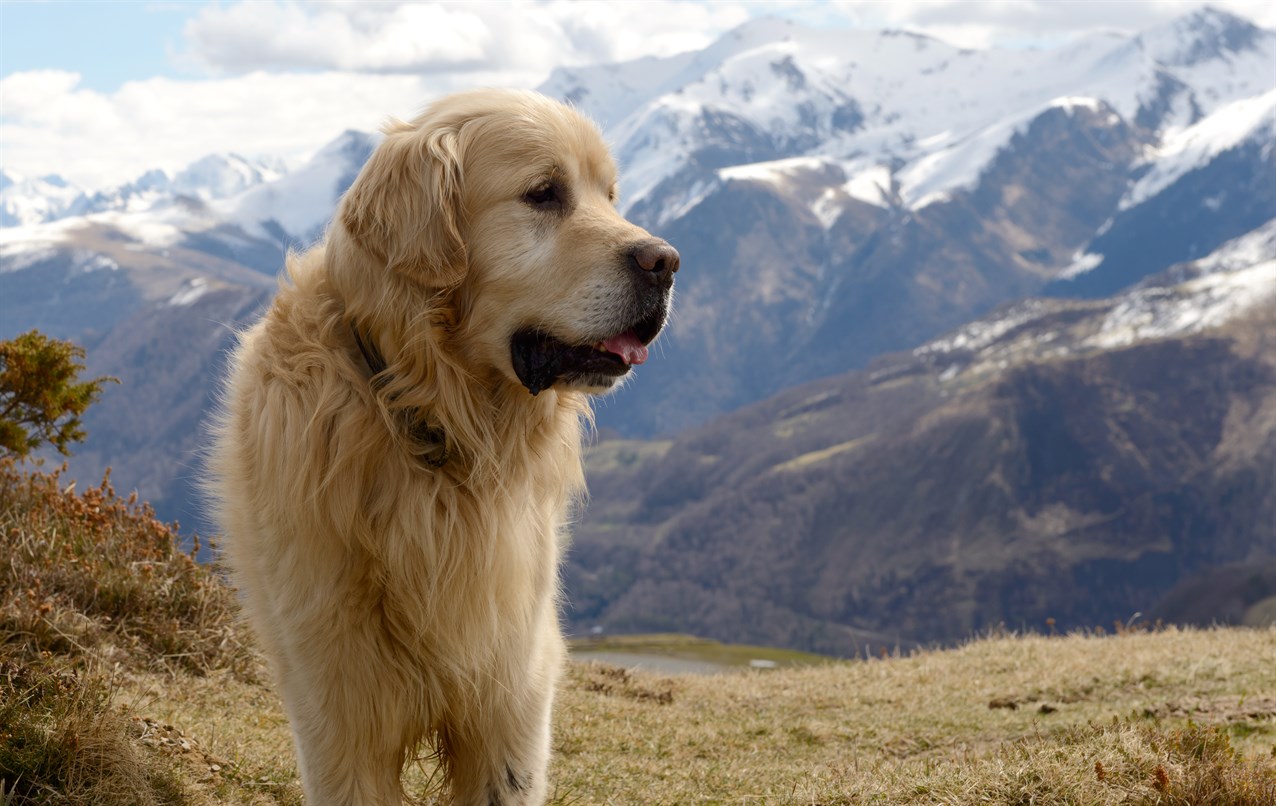Toilet Training a Pyrenean Mountain Dog

Toilet training, also known as housebreaking or housetraining, is a crucial aspect of raising any dog, including the Pyrenean Mountain Dog (Great Pyrenees). These gentle giants can be trained successfully, but their size and independent nature require a patient and consistent approach to housebreaking. Here's a guide to effectively toilet training your Pyrenean Mountain Dog.
Start Early
The key to successful toilet training is to start early, ideally when your Pyrenees is still a puppy. Puppies have a natural instinct to keep their living areas clean, and they learn quickly during their early developmental stages. However, adult Pyrenees can also be housetrained with patience and consistency.
Establish a Routine
Consistency is paramount in toilet training. Establish a regular routine for feeding, potty breaks, and playtime. Take your Pyrenees out to eliminate first thing in the morning, after meals, and before bedtime. Puppies may need more frequent breaks, as they have smaller bladders.
Choose a Designated Potty Area
Select a specific area outside where you want your Pyrenees to relieve themselves. Take them to this spot consistently, so they associate it with going potty. Using a command like "go potty" or "do your business" while they're eliminating can help them make the connection between the action and the cue.
Supervise and Observe
Keep a close eye on your Pyrenees, especially during the initial stages of training. Watch for signs that they need to go, such as sniffing, circling, or whining. When you notice these signs, take them outside immediately.
Reward and Praise
When your Pyrenees successfully eliminates outside, be sure to praise and reward them. Use positive reinforcement, such as treats or enthusiastic verbal praise. This positive feedback helps them understand that going potty outside is a desirable behaviour.
Be Patient
Pyrenean Mountain Dogs are known for their independent and stubborn nature at times. Some individuals may take longer to grasp housetraining concepts. Be patient and avoid scolding or punishing your dog for accidents indoors. Instead, focus on reinforcing positive behaviour.
Crate Training
Crate training can be a valuable tool for housetraining. Dogs have a natural instinct to keep their sleeping area clean, so a properly sized crate can help them learn to hold their bladder. Make sure the crate is not too big; it should be just large enough for your dog to stand, turn around, and lie down comfortably.
Clean Accidents Thoroughly
Accidents happen, especially during the learning process. When accidents occur indoors, clean them up promptly and thoroughly to remove any lingering odours that might attract your dog back to the same spot.
Gradually Extend Freedom
As your Pyrenees becomes more reliable with housetraining, you can gradually allow them more freedom indoors. However, continue to supervise and reinforce good behaviour.
Be Consistent
Consistency is the key to long-term success. Stick to your established routine and continue to reinforce the desired behaviour with praise and rewards.
Seek Professional Help if Needed
If you find that your Pyrenees is struggling with housetraining despite your best efforts, consider seeking help from a professional dog trainer or behaviourist. They can provide specialised guidance tailored to your dog's specific needs.
Remember that every dog is an individual, and the time it takes to housetrain can vary. With patience, consistency, and positive reinforcement, your Pyrenean Mountain Dog can become a well-housetrained and reliable companion in your home.
Pyrenean Mountain Dog puppies for sale
- Find Pyrenean Mountain Dog puppies for sale in ACT
- Find Pyrenean Mountain Dog puppies for sale in NSW
- Find Pyrenean Mountain Dog puppies for sale in NT
- Find Pyrenean Mountain Dog puppies for sale in QLD
- Find Pyrenean Mountain Dog puppies for sale in SA
- Find Pyrenean Mountain Dog puppies for sale in TAS
- Find Pyrenean Mountain Dog puppies for sale in VIC
- Find Pyrenean Mountain Dog puppies for sale in WA